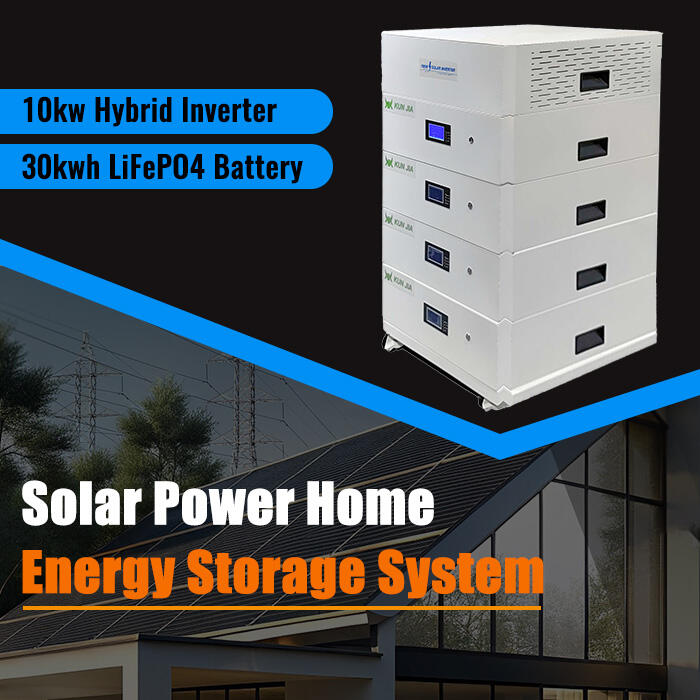In the current day and age, solar energy battery storage is simply no longer an optional add-on for solar systems. It is, by all means, a sensible long-term financial strategy. With the traditional solar setups, you are able to power your home with sunlight generated energy in real time, however, any excess energy that is generated is sent back to the grid and you are compensated very poorly, if at all. With a battery, you can keep excess energy instead of giving it away to the utility company for free. This means that over time, you are able to rely on the grid less and less, especially during peak hours when electricity is most expensive. For instance, if you solar charge your batteries during the day, you can power your home in the evening when most utility companies charge more, thereby eliminating expensive evening utility fees. These savings greatly exceed the initial investment in battery storage over the years.

One of the biggest worries with solar batteries is if they will last long enough to justify the cost. The good news is that modern batteries are built for longevity. Most high-quality solar batteries last from 10–15 years. Some even come with warranties covering 10 years or more. This matches well with the lifespan of solar panels that usually last 25–30 years. Thus, when you install a battery with your solar system, you are not investing in a short-term fix. You guarantee that the system will keep saving you money for more than a decade. The technology keeps improving. New models are more reliable, last longer, and are less trouble than the older models. That means over time, your battery will keep delivering good service with little to no trouble and will not need expensive repairs or frequent replacements.
Solar battery storage offers an opportunity to gain energy independence, and it can protect you from losing power during an outage. Severe weather and equipment failures can keep power from flowing on the grid. Hopefully, there are sunny days when you can use remote solar storage. However, when the grid goes down, homes without battery storage lose power, even if their solar panels are working. Batteries power essential systems like the fridge, lights, heating, or cooling, during an outage. This is especially valuable for families with children or adults who need consistent and reliable power for medical equipment. Home offices are another situation where this can be essential. Energy independence can protect you from future energy rate increases when utility companies charge more for power supplied over the grid. As they raise rates, people with solar systems and stored energy for most of their power won't be affected as much.
The long and short of it, they are practical and financially, the benefits outweigh the detractions solar battery storage. Every time you use stored solar energy instead of energy from the grid, you are reducing the demand for energy produced from fossil fuels. Greenhouse gases are produced in the burning of fossil fuels. Over the span of 10-15 years the use of stored solar energy will reduce your carbon footprint tremendously. 10 tons of carbon are the emissions for a typical home with a solar battery, and it will cut carbon emissions every year by several tons. Sustainability is a quality that more and more consumers and businesses are adopting. If you ever decide to sell, having a solar battery is a great value to your property. It a great way to do your part to fight climate change and strengthen and sustain your finances by adding climate battery systems.
Before you invest in solar battery storage, consider a few things to make the most out of your investment. First, consider your energy needs. Do you want to just have backup power for outages, or do you want to reduce your grid usage as much as possible? This helps you determine the right battery size; too small and you won’t gain enough savings, too large and you will have wasted money on unused capacity. Next, examine the battery’s warranty and performance metrics. A longer warranty means added protection for your investment. Metrics such as “depth of discharge” are indicators of how the battery will perform. Lastly, collaborate with a trusted installer, one you can count on to set up the battery to connect to your solar system. Quality installations guarantee the battery will efficiently perform throughout its lifetime, maximizing your future savings.